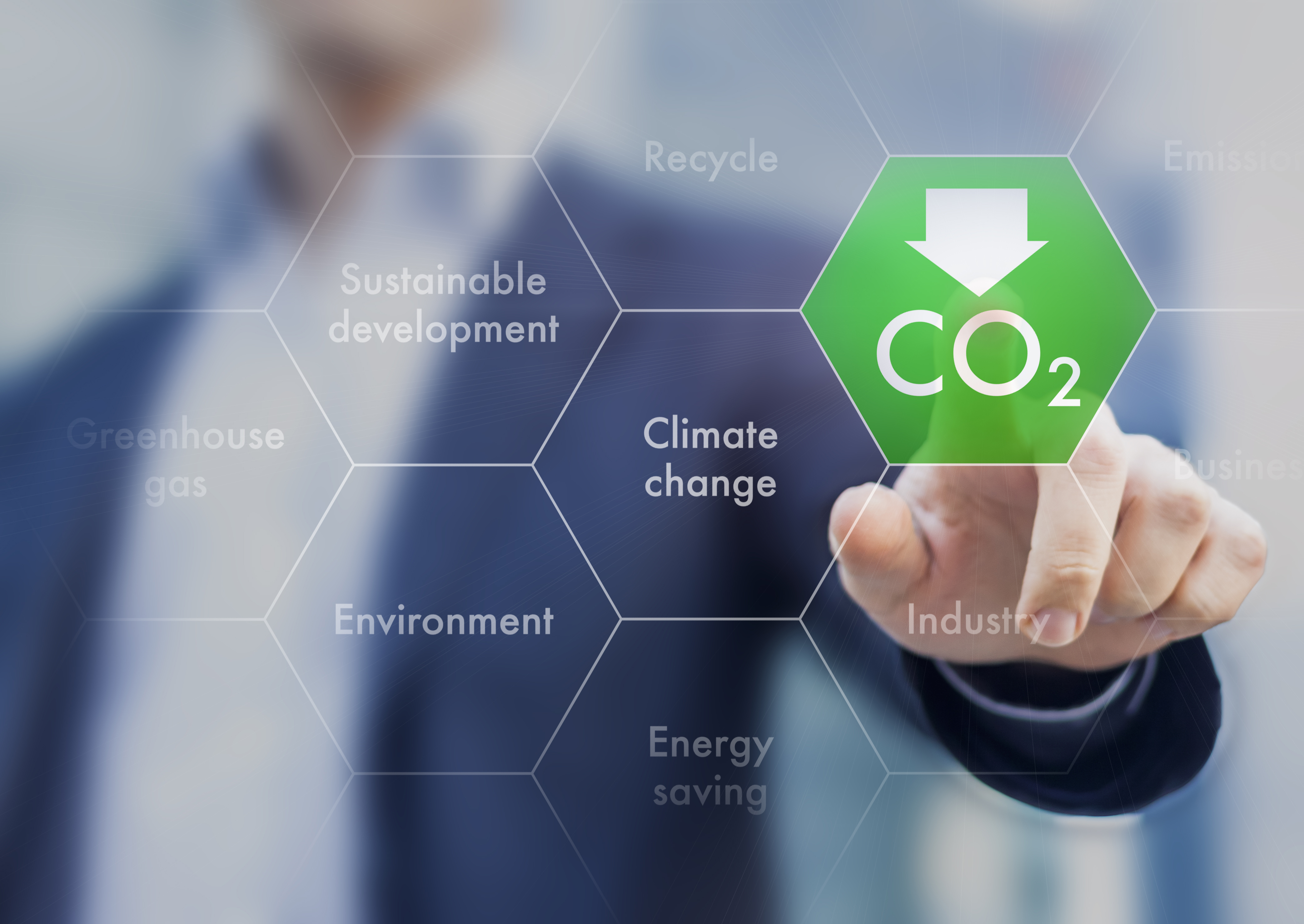Decarbonization: what it is and why we need it
The Paris Climate Agreement proposes a climate-neutral society by 2050
Fossil fuels such as oil, gas and coal have powered most facets of modern life and work since the dawn of the industrial age, but today reducing the world's dependence on these fuels is critical. to develop decarbonized economies and societies. The research and technology organization The Welding Institute (TWI Global) defines decarbonization as “the reduction of carbon dioxide emissions through the use of low-carbon energy sources, achieving a lower emission of greenhouse gases. to the atmosphere". Decarbonization is a key component of the Paris Climate Agreement, the international treaty proposing a climate-neutral society by 2050, which has garnered the support of political leaders and public thinkers, as well as important actors in different industries that have historically shown higher CO2 emissions than others: transport, for example, which represents approximately 14% of global CO2 emissions and the agricultural sector, responsible for 24%
Zero Carbon or Carbon Neutral?
To understand all this well, it is essential to clarify the concepts and handle the definitions well. On the one hand, we speak of “Carbon Zero” when there is no production of carbon emissions derived from a product or service, that is, no carbon was emitted from the first moment, so it is not necessary to capture or compensate carbon. Instead, being “Carbon Neutral” means removing as much CO2 from the atmosphere as we emit, maintaining the balance between carbon emission and carbon absorption from the atmosphere. According to the IPCC (Intergovernmental Group of Experts on Climate Change), carbon neutrality involves achieving that net emissions of carbon gases are equal to zero. In other words, the sum of the emissions produced by human activity does not exceed the capacity of the planet or the technology to retain carbon. This does not mean that human activities cannot emit any CO2, but rather that we cannot generate more than we can eliminate. The call to move towards net zero emission targets is urgent. It requires replacing traditional and highly polluting energy sources with renewables such as solar, wind and sustainable biomass. Industries, researchers, and policymakers must come together, and key players in the titanic oil and utility industries must fundamentally rethink their business models. Rapid and focused decarbonization is essential to the future of our planet. Increasing energy efficiency will have many positive short- and long-term consequences, including limiting global warming and improving air quality. Let us not forget that, according to the World Health Organization (WHO), nearly 600 million people are frequently exposed to concentrations of pollutants by industries in Latin America, representing 23% of global deaths. The task is urgent and paramount to create a better, carbon-neutral future for generations to come.



